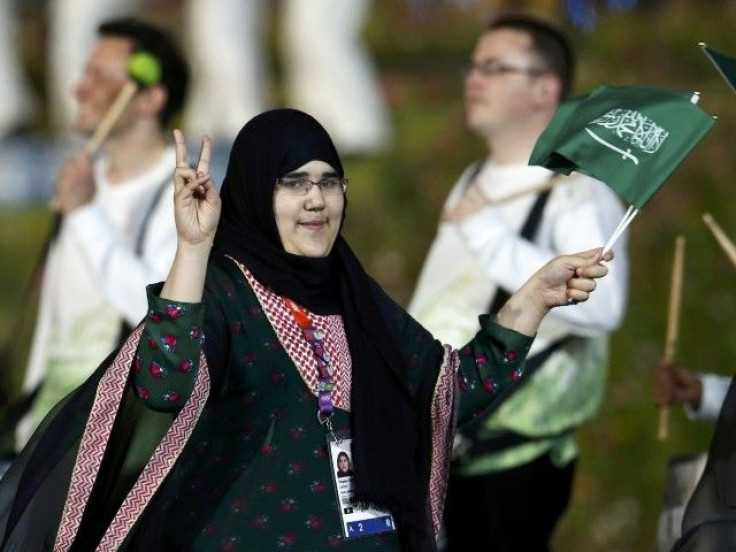London Olympics 2012: Saudi Judoka Allowed To Wear Headscarf; Muslim Athletes Compete During Ramadan Fast

A female judo fighter from Saudi Arabia was cleared on Tuesday to compete in the London Olympics after Saudis threatened to pull the contestant out if she was not allowed to cover her head during the event.
Judo officials had earlier said they would not let Wojdan Ali Seraj Abdulrahim Shahrkhani compete wearing a headscarf because it went against the sports principles and raised safety concerns.
However, after several days of talks, brokered by the International Olympic Committee (IOC), between the International Judo Federation and the Saudi Olympic Committee, Shahrkhani was allowed to compete in the event scheduled Friday.
"They have a solution that works for both parties, all parties involved,'" said Mark Adams, the International Olympic Committee spokesman, as reported by AP. "The athlete will compete."
"Working with the IOC, a proposal was approved by all parties," said a joint statement by the Judo federation and the Saudi committee. "The solution agreed guarantees a good balance between safety and cultural considerations."
Saudi Arabia ended its dubious status as the only participating nation that did not send women athletes to the Olympic Games just two weeks before the start of the London games, when the administration agreed to field two women on the condition that they adhere to the kingdom's conservative traditions, including wearing a headscarf.
Apart from Shahrkhani, Sarah Attar, a 17-year-old California-raised athlete too will compete in the 800-meter race.
In an article published by the Huffington Post, Zoe Ferraris, the author of the new book "Kingdom of Strangers," tries to explain the Saudi Arabia's reluctance to send women to the Olympics, although Saudi women do play basketball and soccer and frequent health clubs.
"One major reason is that the Olympics are public. They are broadcast around the world," Ferraris writes. "The games are almost the total opposite of the privacy and safety you can find in a women's gym. And this is exactly where the virtue of training clashes brutally with the virtue of modesty."
The London organizers are, reportedly, open to accommodating the needs of the 3,500 Muslim athletes participating in the London Olympics, which happen to coincide with the Islamic holy month of Ramadan when Muslims are obliged to not eat or drink anything from sunrise to sunset.
"It will be difficult, but it is Ramadan," Qatari sprinter Noor al-Malki was quoted saying by the New York Times. "You have to respect Ramadan. But I want to make a new national record. If there is a problem with that, I will not make Ramadan."
Though many Muslim Olympians in London may opt against fasting, some have relied on religious rulings which exempt sportspeople from the Ramadan fast.
U.A.E.'s soccer team has been given approval to break its fast by the country's Department of Islamic Affairs on grounds that the athletes are required to fast unless they remain in one place for longer than four days.
Regardless of the number of the athletes observing the fast, the Olympic organizers are well-prepared to assist the Muslim athletes and have arranged for more than 150 clerics and a good stock of fast-breaking packages including dates, halal meat and other traditional foods.
© Copyright IBTimes 2024. All rights reserved.












